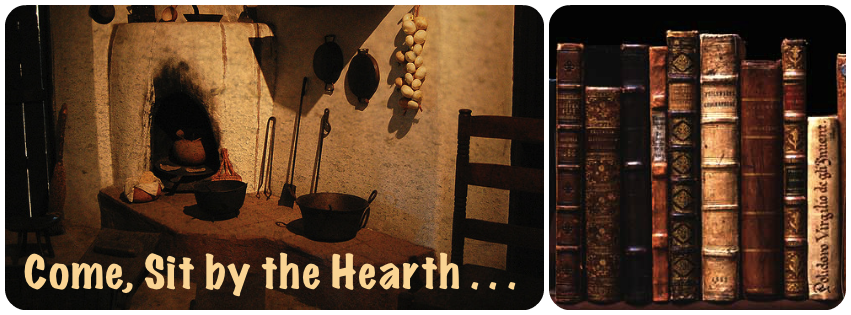You said that you loved the lark more than any other bird because of its straight flight toward the sun. That is how I wanted our flight to be.
Albatrosses fly over the sea, intoxicated by salt and iodine. They are like unfettered waves playing in the air, but they do not lose touch with the other waves.
Storks make long journeys; they cast shadows over the Earth’s face. But like albatrosses, they fly horizontally, resting in the hills.
Only the lark leaps out of ruts like a live dart, and rises, swallowed by the heavens. Then the sky feels as though the Earth itself has risen. Heavy jungles below do not answer the lark. Mountains crucified over the flatlands do not answer.
But a winged arrow quickly shoots ahead, and it sings between the sun and the Earth. One does not know if the bird has come down from the sun or risen from the Earth. It exists between the two, like a flame. When it has serenaded the skies with its abundance, the exhausted lark lands in the wheatfield.
You, Francis, wanted us to achieve that vertical flight, without a zigzag, in order to arrive at that haven where we could rest in the light.
You wanted the morning air filled with arrows, with a multitude of carefree larks. Francis, with each morning song, you imagined that a net of golden larks floated between the Earth and the sky.
We are burdened, Francis. We cherish our lukewarm rut: our habits. We exalt ourselves in glory just as the towering grass aspires. The loftiest blade does not reach beyond the high pines.
Only when we die do we achieve that vertical flight! Never again, held back by earthly ruts, will our bodies inhibit our souls.
Albatrosses fly over the sea, intoxicated by salt and iodine. They are like unfettered waves playing in the air, but they do not lose touch with the other waves.
Storks make long journeys; they cast shadows over the Earth’s face. But like albatrosses, they fly horizontally, resting in the hills.
Only the lark leaps out of ruts like a live dart, and rises, swallowed by the heavens. Then the sky feels as though the Earth itself has risen. Heavy jungles below do not answer the lark. Mountains crucified over the flatlands do not answer.
But a winged arrow quickly shoots ahead, and it sings between the sun and the Earth. One does not know if the bird has come down from the sun or risen from the Earth. It exists between the two, like a flame. When it has serenaded the skies with its abundance, the exhausted lark lands in the wheatfield.
You, Francis, wanted us to achieve that vertical flight, without a zigzag, in order to arrive at that haven where we could rest in the light.
You wanted the morning air filled with arrows, with a multitude of carefree larks. Francis, with each morning song, you imagined that a net of golden larks floated between the Earth and the sky.
We are burdened, Francis. We cherish our lukewarm rut: our habits. We exalt ourselves in glory just as the towering grass aspires. The loftiest blade does not reach beyond the high pines.
Only when we die do we achieve that vertical flight! Never again, held back by earthly ruts, will our bodies inhibit our souls.
from A Gabriela Mistral Reader. Copyright 1993.


No comments:
Post a Comment